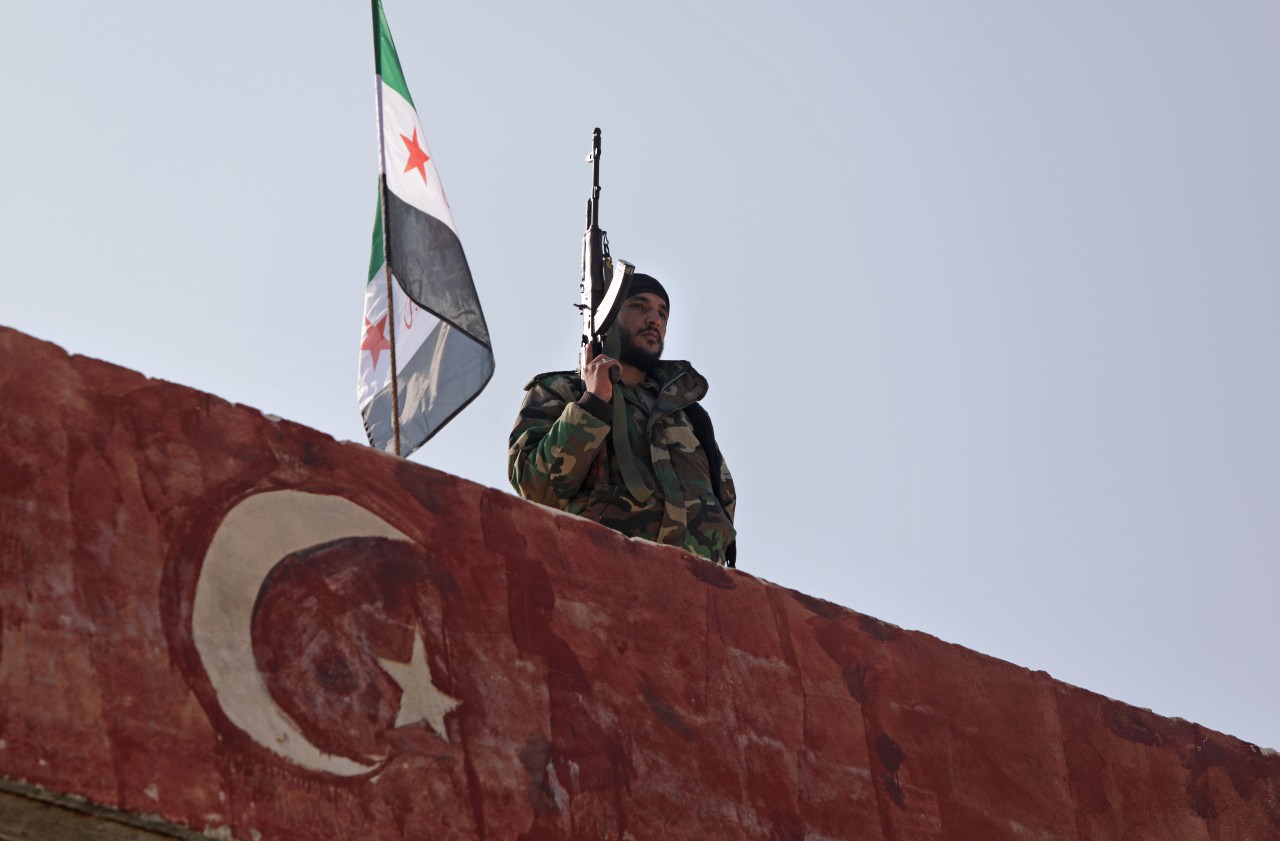A Dutch government-supported investigation into possible war crimes by rebel groups in Syria was paused due to conditions for cooperation set by the Turkish government that were feared would compromise the investigative commission’s independence, BBC Turkish service reported, citing a piece by Dutch newspaper NRC Handelsblad.
Between 2015 and 2018, the Dutch government provided support in the amount of €25 million ($28.8 million) to 22 armed groups called “moderate” Syrian rebels, fighting the regime of President Bashar al-Assad through a “non-lethal assistance” (NLA) program.
It was later revealed that some of the rebel groups that had benefited from the support had committed human rights violations, including war crimes, the BBC said.
The Dutch House of Representatives in early 2021 decided to form an independent commission to investigate possible war crimes of Syrian rebel groups that had been supported by their government, although Prime Minister Mark Rutte opposed the idea, arguing that it would damage relations with allied countries.
The investigative commission, which was expected to carry out extensive field work in Turkey and northern Syria and draft a report by October 2022, had to pause its work upon fears that the Turkish government’s conditions for cooperation would undermine its independence.
According to the BBC, the commission requested cooperation from Ankara since Syrian groups that had received help from The Hague were now part of an alliance of Syrian anti-government groups trained by Turkey, and most of their leaders and members live in Turkey and operate in areas of Syria that are controlled by the Turkish Armed Forces (TSK).
However, Ankara set out a series of conditions for cooperation, including a demand that the commission share with them the questions they want to ask the Syrian groups’ leaders and the content of their interviews.
The BBC said that Dutch commission then decided to cancel interviews with rebel leaders, thinking that Turkey’s conditions would compromise the independence of their investigation.
BBC also cited a Dutch official who spoke to NRC Handelsblad, saying that The Hague was predicting that Turkey wouldn’t just let the commission do its work since Syrian rebel groups participate in “very sensitive” Turkish military operations and Ankara wants to prevent information regarding those operations from getting out.
According to Dutch officials, associating Syrian groups trained by Ankara with extremism or human rights abuses is “very harmful” for Turkey, BBC added.
Turkey has established direct control over swathes of land in northern Syria through successive offensives against the People’s Protection Units (YPG) since 2018. The YPG, a Syrian Kurdish armed group that played a crucial role in the coalition task force set up to defeat the Islamic State in Iraq and the Levant (ISIL), is viewed by Ankara as an offshoot of the outlawed Kurdistan Workers’ Party (PKK) and thus a terrorist organization.
Rights groups and organizations that monitor the region have since accused Turkish soldiers and Turkish-backed rebels of committing war crimes against the local population during the cross-border offensives.
Turkey launched the Operation Peace Spring offensive on Oct. 9, 2019, targeting the YPG along the Turkish-Syrian border. The Turkish military operation began days after a surprise and widely criticized White House announcement that US forces would withdraw from the region.
“Turkish forces have displayed a shameful disregard for civilian life, including through summary killings and unlawful attacks that have killed and injured civilians,” a report by Amnesty International compiling alleged war crimes committed during Operation Peace Spring said.



